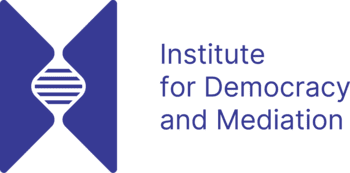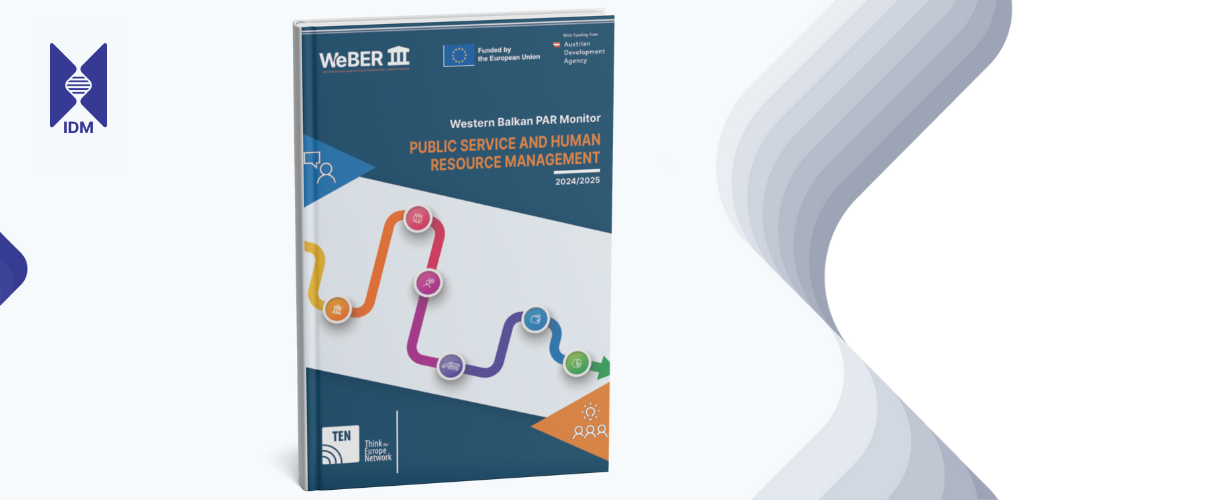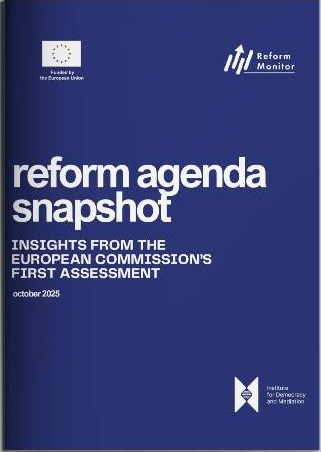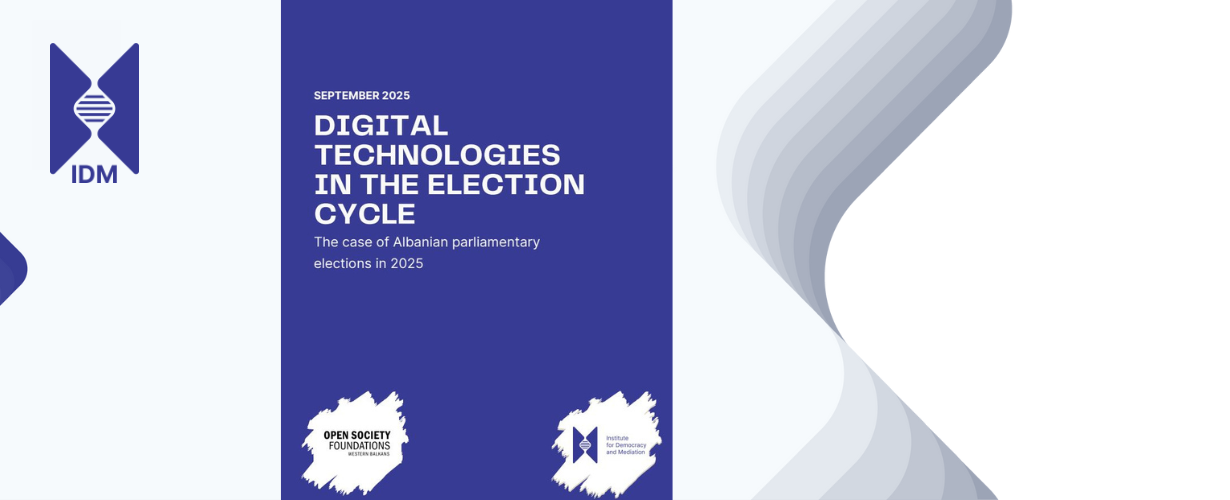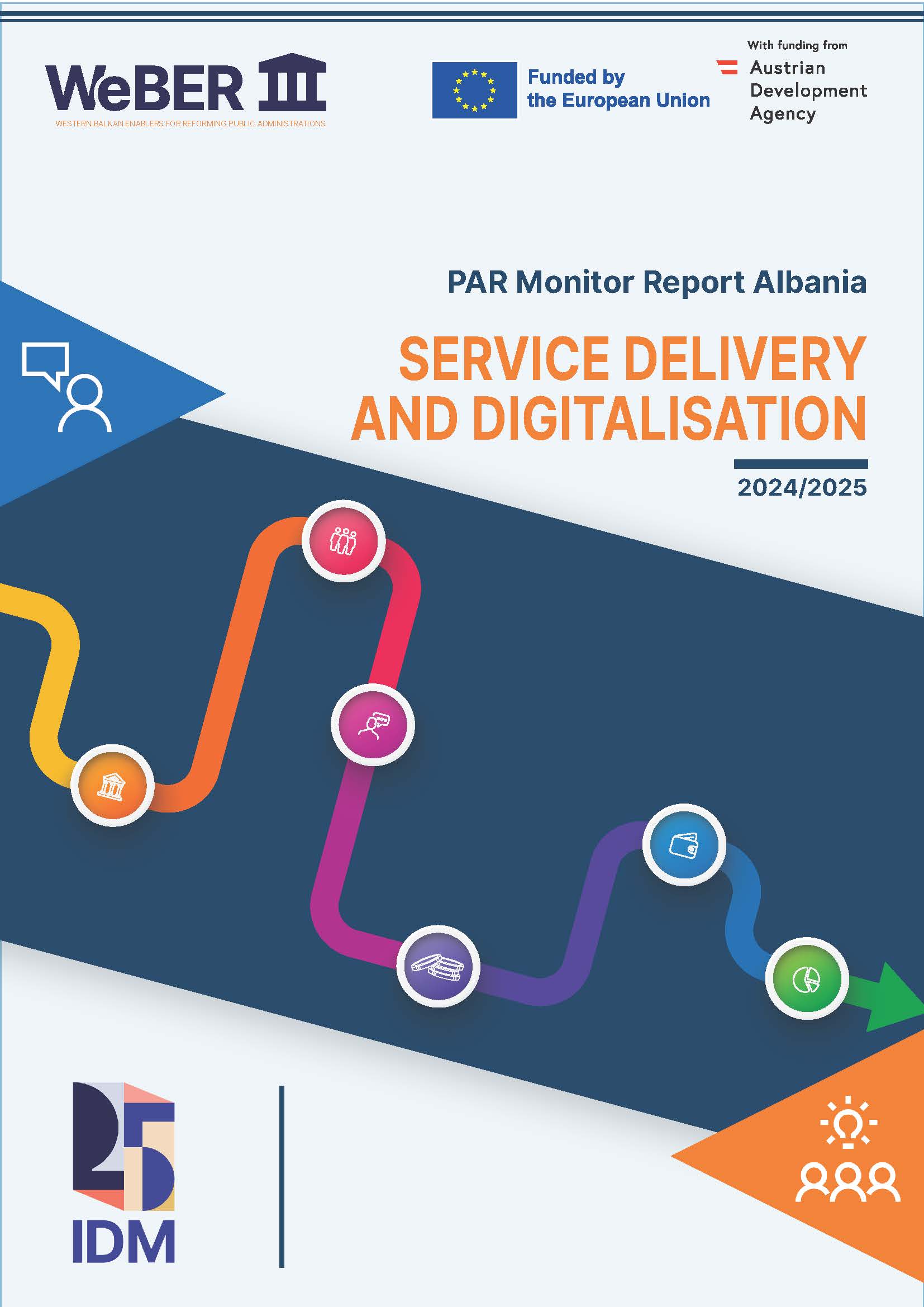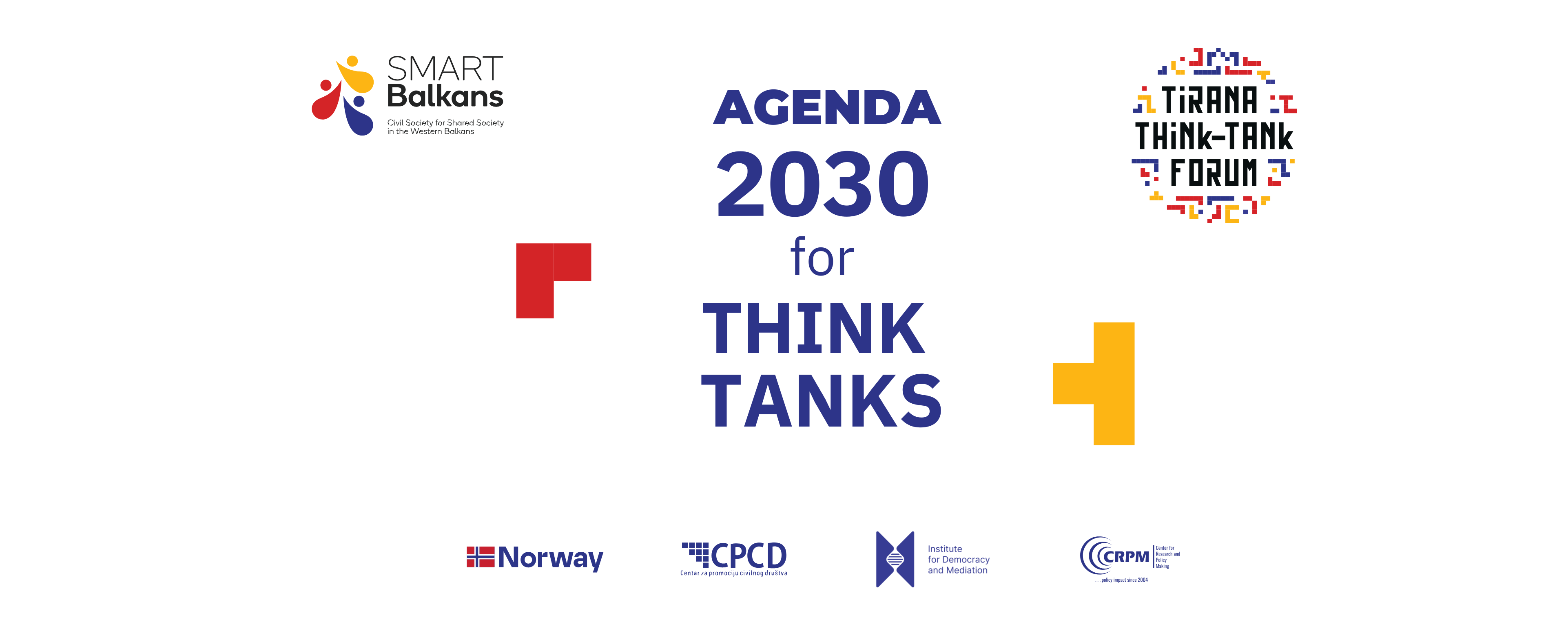From November 13 to 15 the Tirana Think Tank Forum (TTF) hosted a gathering of a diverse group of policy research organisations and experts from across the Western Balkans to tackle a pressing challenge – how to preserve a resilient, independent think tank ecosystem in democracies under strain.
Think tanks play a deciding role in advancing creative solutions, promoting inclusive dialogue, and offering strategic insights that societies need to navigate complex local and regional issues. Yet, rising polarization across the Western Balkans has weakened their ability to thrive and make a lasting impact. TTF set out to respond to that by offering a space to reimagine the role of think tanks.
The forum’s deliberations culminated in a platform featuring recommendations to revitalize and future-proof think tanks in hybrid regimes. Designed for think tanks, donors, and government leaders alike, this platform lays out strategies to strengthen collaboration, amplify impact, and pave the way for sustained progress of think tanks and their contribution to Western Balkans (WB) democratic consolidation, development and EU membership reforms through 2030.
Recommendations
The participants of the Tirana Think Tank Forum 2024 consider the issues outlined below of particular relevance and encourage the following actions and approaches:
Think Tanks
In politically tense landscapes, think tanks should act as trusted hubs where policymakers can explore, refine, and test policy ideas built on rigorous, unbiased analysis. Their work must remain firmly focused on advancing the public good, resisting the pull of narrow interests or partisan influences. To support policy processes, think tanks should also partner with other civic actors to champion bold and transformative ideas, even when such proposals face resistance. These partnerships become essential in protecting innovative policy proposals from being drowned out by divisive political narratives. By embracing this dual mandate, think tanks can act as both defenders of democratic principles and architects of progressive, forward-looking solutions.
Think tanks are tasked with providing evidence-based policy recommendations to improve decision-making. To do this effectively, they must focus on urgent, relevant issues and produce high-quality, research-driven insights that impact the local political and social context. In addition to research, think tanks must engage consistently with policymakers, fostering dialogue that bridges analysis and action. This requires balancing research, strategy, and advocacy to ensure findings are integrated into policy decisions.
Think tanks should prioritize communicating research in formats that are not only digestible but also engaging, making it easier for the public to access and understand their findings. Moreover, think tanks should play an active role in the democratization of research and policy knowledge. This involves investing in platforms that promote the sharing of open data, encouraging knowledge exchange, and providing tools for data mining.
They must also strive to restore public trust in civil society. A key approach is forming strategic media partnerships to ensure their findings shape public discourse and inform policy debates. Such collaboration not only amplifies their reach but also reinforces their standing as credible and trusted source of insight. Furthermore, WB think tanks should expand further their cooperation with think tanks in the EU in order to consolidate their capabilities, and to access EU relevant policy debates and stakeholders.
Governments in the Western Balkan countries
Constructive and participatory policy processes are of paramount importance for the WB region’s accession to the EU. Amid the region’s turbulent political climate, where divisive rhetoric silences constructive exchange, think tanks can serve as beacons of dialogue, offering impartial spaces where meaningful conversations can unfold beyond the clamor of partisan clashes. Government officials and political leaders should engage with think tanks to mend divisions and to address pressing concerns in a safe, impartial space, encouraging understanding and collaborative solutions.
Governments and political actors must refrain from interference and retaliation against think tanks, allowing them to question, critique, and challenge policies. At the same time, it is essential to establish transparent and robust reporting mechanisms for think tanks that receive public funding.
Without proper access to government held data and resources, think tanks struggle to gather the necessary information and research to offer credible policy recommendations. To address this, governments should ensure access to reliable, government-held data through transparent open data platforms, developed in close collaboration with think tanks. Furthermore, they should reinforce existing cooperation with civil society and explore new ways to promote and support think tank research, particularly by involving them at the earliest possible stages of policy developments and ensuring their input is integrated in policy-making.
Governments should create new funding frameworks for think tanks that align financial support with key policy reform priorities, ensuring a cohesive and impactful research agenda.
EU and the donor community
In hybrid regimes, think tanks often face marginalization, undermining their legitimacy and excluding them from meaningful policy discussions. Donors must provide tailored support to ensure the sustainability and impact of think tanks in such environments. This includes prioritizing long-term, core funding to reduce dependence on short-term grants, increase diversification of the funding base and fostering strategic growth. Funding programs should reflect the specificities of think tanks as a form of civil society organization and the local realities where they operate in the WBs, supporting research that challenges authoritarian narratives and elevates critical issues onto the public agenda.
Donors must also openly articulate concerns over government actions that undermine civic space. They should fund resilience-building and legitimacy campaigns to counter the delegitimization of civil society actors. Additionally, grant processes should be streamlined to reduce administrative burdens, enabling think tanks to focus on their crucial work.
This platform, and the actions it proposes, calls on the think tank sector to confront the challenges of operating within hybrid regimes and to pursue the impact on governance it aims for. The road ahead is undoubtedly difficult, and the times may seem unfavorable, but the urgency of the moment leaves no room for retreat. Think tanks in the Western Balkans must push forward with resilience, cooperation, innovation, and a firm commitment to transformative change.
Download here: Joint-Statement-TTF-2024
